Carrots are a vegetable rich in vitamin A, so they have long been known to improve eyesight and prevent blurred vision and eye strain. However, many people do not like carrots because their taste is not really appealing, according to the New York Post (USA).
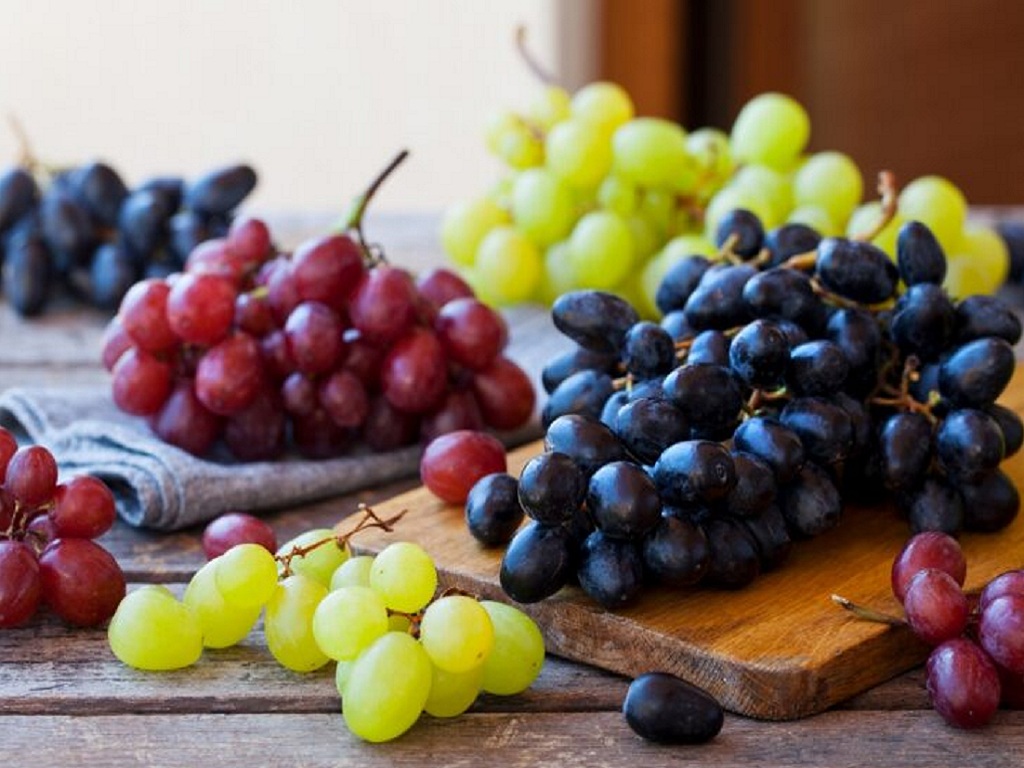
The rich antioxidant content in grapes helps improve vision health.
In a recent study, experts at the National University of Singapore (Singapore) discovered the benefits of grapes for eyesight. With this benefit, people who do not like eating carrots can completely use grapes as a substitute.
In the study, published in the journal Food & Function , the team wanted to examine the impact of antioxidants in grapes on overall eye health. To do this, they measured markers of oxidative stress in the eyes, specifically high levels of compounds called advanced glycation end products (AGEs). These are harmful compounds that have been linked to a number of eye diseases.
The study was led by Dr. Jung Eun Kim. She and her colleagues conducted an experiment on 34 people. All were divided into two groups, one group ate 1.5 cups of grapes every day, while the other group only took a placebo. The study lasted 16 weeks.
The results showed that people who ate grapes benefited greatly from the antioxidants in grapes. These antioxidants helped improve the pigments in the macula of the retina, reduced the level of AGEs in the eyes, thereby helping to protect the eyes from the harmful effects of blue light.
Meanwhile, those taking the placebo had significantly increased levels of AGEs. The researchers concluded that eating a moderate amount of grapes every day for about 2-3 years could help maintain vision.
"Our study is the first to show that grape consumption has significant benefits for eye health in humans. This is exciting, especially as the population ages," said Dr Jung.
Grapes contain powerful antioxidants like quercetin and resveratrol. In addition, grapes also have fiber, vitamins B1, B2, B6, C, E, K and other minerals like copper, potassium, manganese, according to the New York Post .
Source link










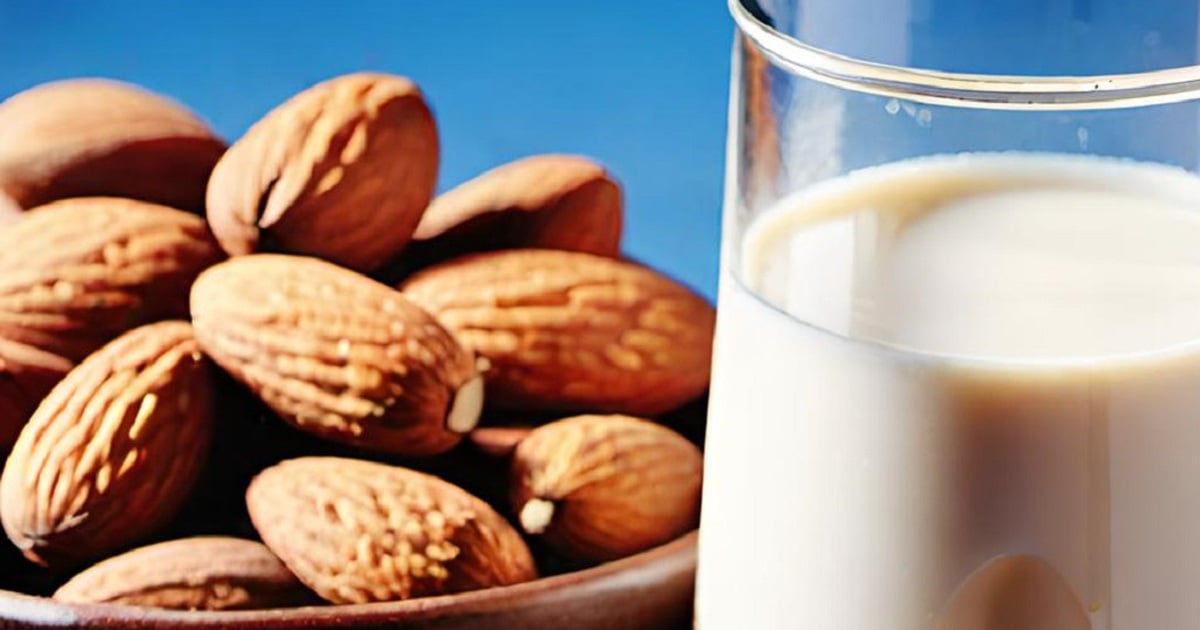

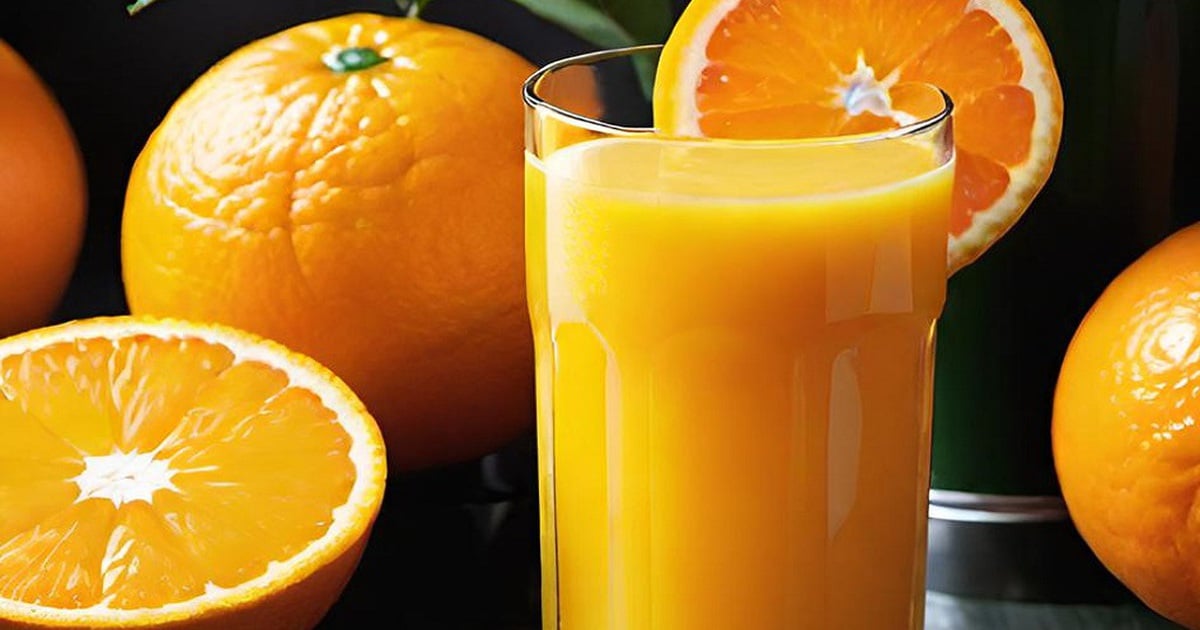
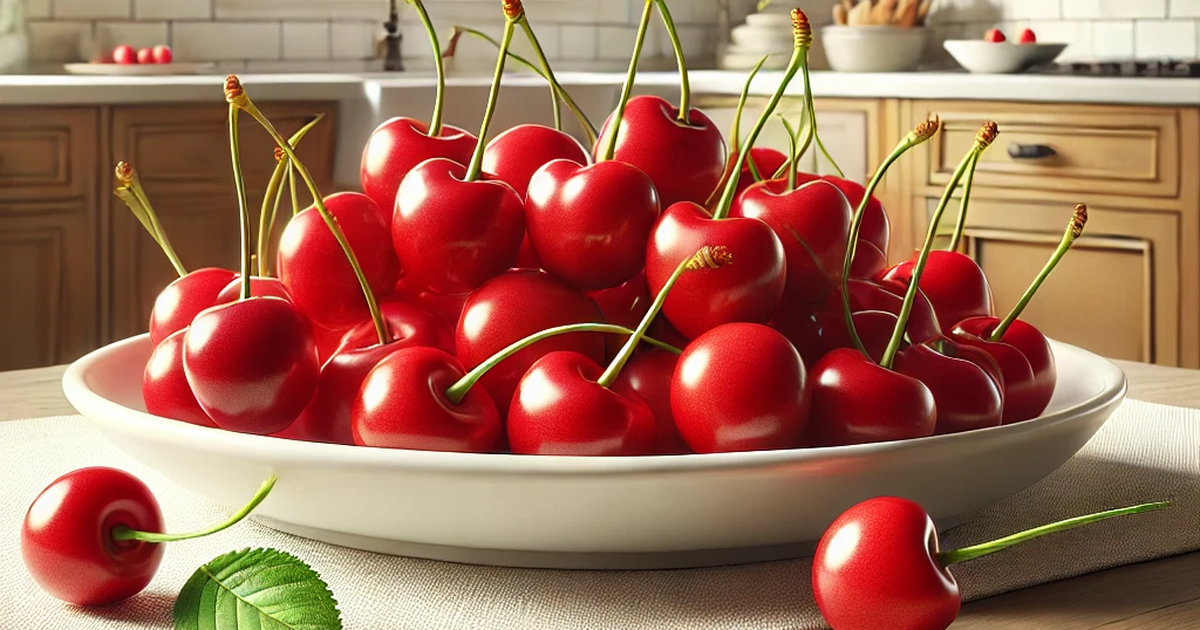
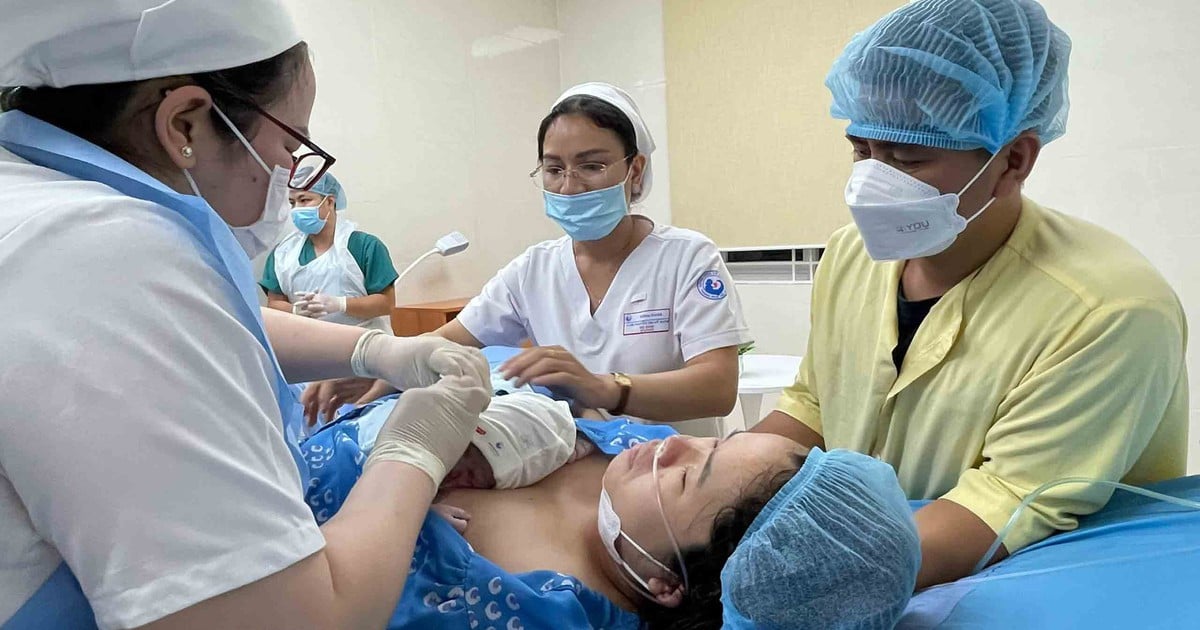

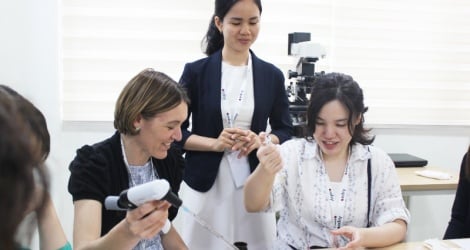
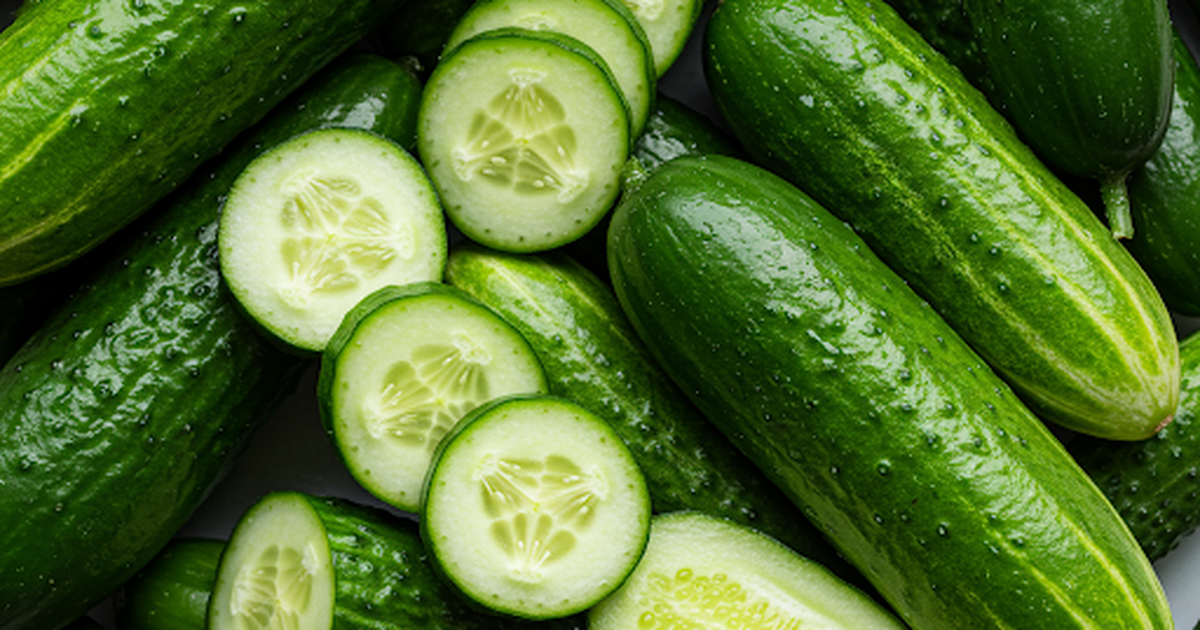













































































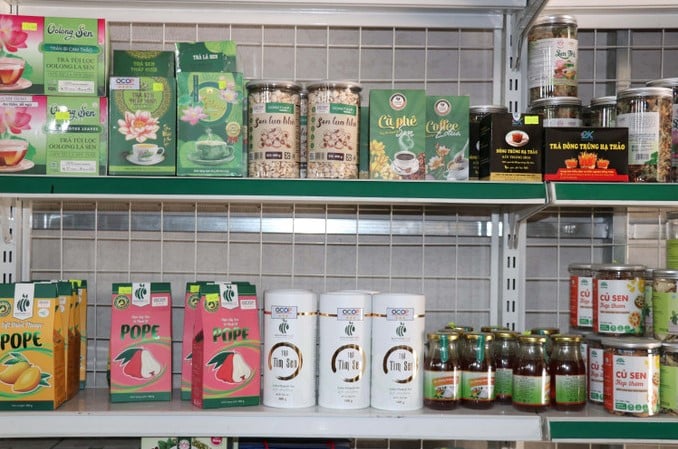





Comment (0)